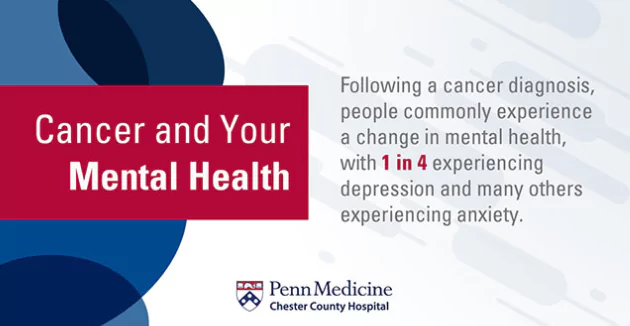By Dr. Mathew S.P
Greetings from Shalom Lifecare’s new initiative, Raahat. My wife Dr Vinita Mathew and myself, Dr Mathew S Peedikayil, are Medical Doctors. Our mission is to bring the Shalom of God into Healthcare.
I would like to share three vital tips that will help us to overcome this deadly disease, Cancer, and other diseases as well.

And these tips will not cost you any money!,
How many would like to know them?
We are from Raahat, a total person wellness centre with a vision to provide A place of comfort – refreshing, rejuvenation and restoration of mind, body, soul and spirit through whole person care.

Coming to the topic at hand, Cancer.
Research shows that our Mental health is closely linked to this deadly disease.
Here are three ways in which mental health and Cancer are related:
Unforgiveness and Cancer:
Michael Barry (DMin, Fuller Theological Seminary; MA, Princeton Theological
Seminary) is Director of Pastoral Care at the Cancer Treatment Centers of America, where he specializes in the connection between spirituality and health.
In the Forgiveness Project: The Startling Discovery of How to Overcome Cancer, Find Health, and Achieve Peace https://g.co/kgs/G6WxebF, he shows the startling link between unforgiveness and cancer.
Dr. Anna Maria Clement, one of the co directors of Hippocrates Health Institute in Florida, USA, observed after 40 years of study, that anger, bitterness, unforgiveness, and anxiety are linked with cancer. There is an increased risk.
How do we overcome this?
As the word of God reminds us, there is a way:
Therefore, as God’s chosen people, holy and dearly loved, clothe yourselves with compassion, kindness, humility, gentleness and patience. Bear with each other and forgive one another if any of you has a grievance against someone. Forgive as the Lord forgave you. (Col 3:12-13 NIV)
Be kind and compassionate to one another, forgiving each other, just as in God Christ forgave you. Ephesians 4:32
When the Bible tells us to be kind, compassionate and forgiving towards each other, it is actually telling us what is best for our health. All of God’s commands to us are intended to bless and to bring healing to our bodies. Forgiveness is one of the most therapeutic phenomena in the whole world.
Unforgiveness and resentment is destructive to our mind and body. Dr Dallas Willard says, “Everything you can do with anger, you can do better without it”. People with an angry disposition often destroy three things in their lives: career, health, and relationships, ending up either in a jail, hospital or mortuary. We all experience anger occasionally. Few minutes of anger is legitimate, it is a natural reaction to hurt or injustice but when you dwell on it and allow it to fester it turns into resentment and bitterness. There is a popular saying, “resentment is like drinking poison and waiting for the other person to die”
Here, let me also remind you that forgiveness is not:
* Approving what others did when they clearly have done something wrong:
* Excusing what they did, though it has caused you pain.
‣ Justifying or trying to nullify the other person’s actions.
* Reconciliation, because it takes two people who have come to an understanding and who are on the same page. Reconciliation does not mean that I become the best of friends with people who have hurt me and allow them to hurt me again.
* Denying what others did.
* Being blind to what happened.
* Forgetting
Childhood abuse and Cancer
Many years ago, I heard Dr Caroline Leaf, a christian neuroscientist say that if a person has experienced any severe form of abuse by the age of 12, be it sexual, physical, or emotional, the probability of them getting cancer in adulthood increases by 30%. A 2007 survey conducted by The Ministry of Women and Child Development in lndia revealed that over 53 percent of children in India had been subjected to one or more forms of sexual abuse and over 20 percent were subjected to severe forms of sexual abuse. Childhood abuse and trauma occurs in many forms.
Cancer and Mental Health:
Studies have shown that following a cancer diagnosis, people commonly experience a change in mental health, with 1 in 4 experiencing depression and many others experiencing anxiety. One of the first steps to addressing your mental health following a cancer diagnosis — and throughout your entire cancer journey — is to recognize changes in your emotions and getting help when you need it.

At Raahat, we believe in both prevention and treatment.
We are here for you, always!
Tags: Cancer, Mental Health, Forgiveness, Love, Peace, Envy, Anger, Jealousy, Shalom
